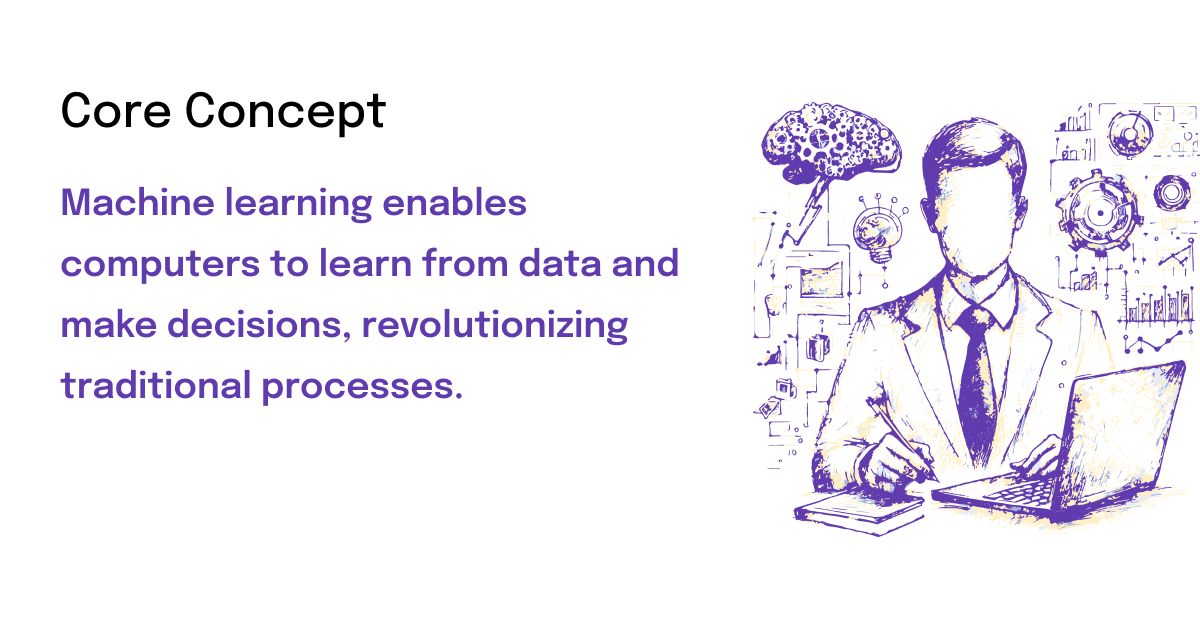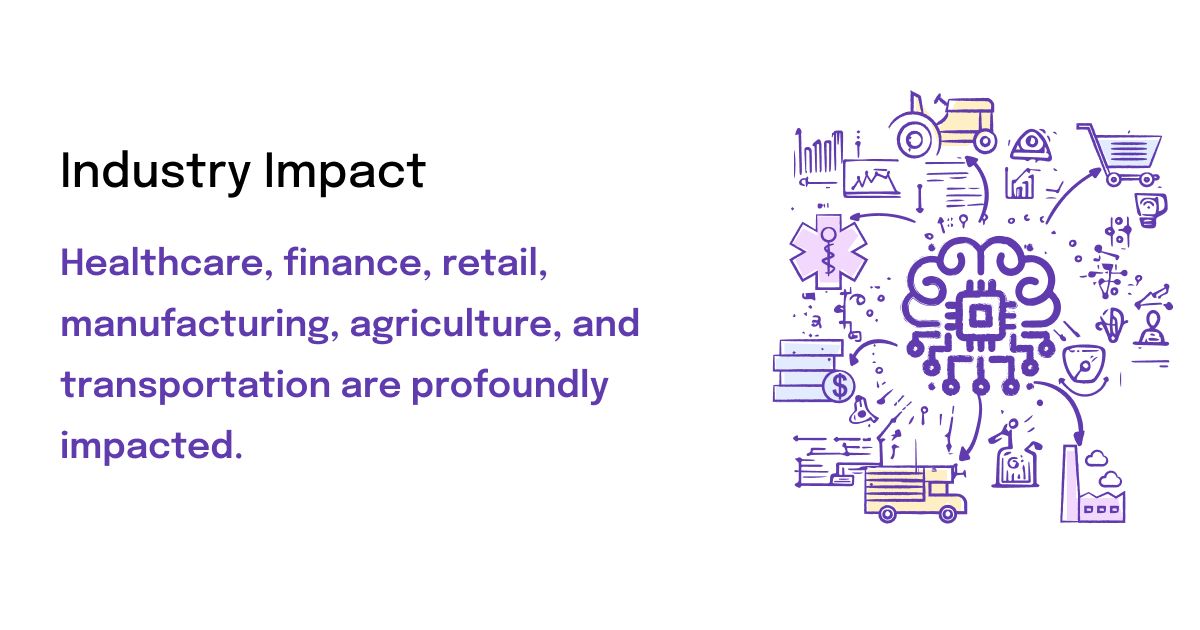Machine Learning: Turning Data into Gold
In an era dominated by technology, machine learning emerges as a revolutionary force, masterfully converting raw data into invaluable insights. This transformation, akin to turning lead into gold, is not merely a metaphor but a tangible reality shaping diverse sectors worldwide. This blog delves into this transformative journey, illustrating how machine learning elevates data from a digital byproduct to a treasure trove of wisdom.

The Genesis and Journey of Data
Data, the lifeblood of the digital world, is continuously generated from innumerable sources such as social media interactions, business transactions, and IoT devices. Each datum is a potential gold nugget, containing hidden insights waiting to be unearthed. The challenge, however, lies in sifting through this vast, unstructured sea of information to identify what is valuable. This is where machine learning, with its sophisticated algorithms, steps in as the modern-day alchemist, employing techniques such as data mining to reveal valuable insights.

Machine Learning: The Alchemist's Touch
Machine learning, a dynamic subset of artificial intelligence, is grounded in the principle of learning from data. It employs a variety of algorithms – from simple decision trees to complex deep learning networks – to analyze and interpret data. These algorithms identify patterns, learn from them, and make predictions or decisions autonomously, thereby transforming raw data into actionable intelligence, a key aspect of business intelligence and predictive analytics.
The Transformation Process
The metamorphosis of data into gold through machine learning involves several critical stages:
-
Data Preparation: This initial stage involves cleaning and organizing data, removing inaccuracies, and handling missing values – a crucial step to ensure the quality and integrity of the data.
-
Feature Engineering: Here, significant attributes of the data are identified and extracted. This process is vital as it determines which aspects of the data the machine learning models will focus on.
-
Model Selection and Training: Choosing the right algorithm is akin to selecting the right tool for mining. The model is then trained on a dataset, learning from its patterns and intricacies.
-
Testing and Validation: The trained model is tested against a separate set of data to evaluate its accuracy and effectiveness. This stage is crucial for fine-tuning the model to ensure it performs well in real-world scenarios.
-
Deployment and Continuous Learning: Once validated, the model is deployed in a real-world environment. In this stage, the model continues to learn and adapt, improving its predictions and decisions over time.
Overcoming Challenges
Transforming data into valuable insights is not without its challenges. Ensuring data quality and integrity is paramount; poor-quality data can lead to misleading results. Additionally, ethical considerations, such as privacy and bias, are critical. Machine learning models must be designed and trained to make fair, unbiased decisions while respecting user privacy and data security.
Real-World Applications and Impact
The applications of machine learning in transforming data into actionable insights are vast and varied:
-
In healthcare, machine learning models analyze patient data to predict diseases, personalize treatments, and accelerate drug discovery.
-
In the financial sector, these models enhance fraud detection, improve risk management, and facilitate algorithmic trading.
-
In retail, machine learning helps in understanding customer behavior, predicting market trends, and optimizing supply chains.
-
The manufacturing industry benefits from predictive maintenance, quality control, and streamlined production processes.

The Ethical Frontier
As machine learning continues to evolve, ethical considerations come to the forefront. Transparency and explainability in AI decisions are crucial for building trust and accountability. Initiatives like Explainable AI (XAI) are gaining traction, aiming to make AI's decision-making process more transparent and understandable. Moreover, addressing biases in machine learning models is essential to ensure fairness and prevent discrimination.
Looking Ahead: A Future Fueled by Data and AI
The future of machine learning and data is not just about technological advancements but also about responsible innovation. The integration of AI ethics in machine learning development is vital for ensuring that the insights derived are not only powerful but also equitable and respectful of societal values. Furthermore, the convergence of machine learning with emerging technologies like quantum computing and edge computing promises to unlock even more potential, offering faster, more efficient, and more personalized solutions.
Conclusion
Machine learning's prowess in turning data into gold represents a paradigm shift in how we view and utilize data. It's a journey that transcends mere analysis, embodying a fusion of technology, ethics, and innovation. As we harness the full potential of machine learning, we stand on the brink of a new era where data-driven insights lead to smarter decisions, enhanced efficiencies, and transformative solutions across various sectors. In this golden age of data, the possibilities are as limitless as our commitment to ethical and innovative exploration.
We can help!
Why Scrum Fits Like A Glove
#Customapplicationdevelopment
Mvps - A Silver Bullet In Software Development
#Customapplicationdevelopment



